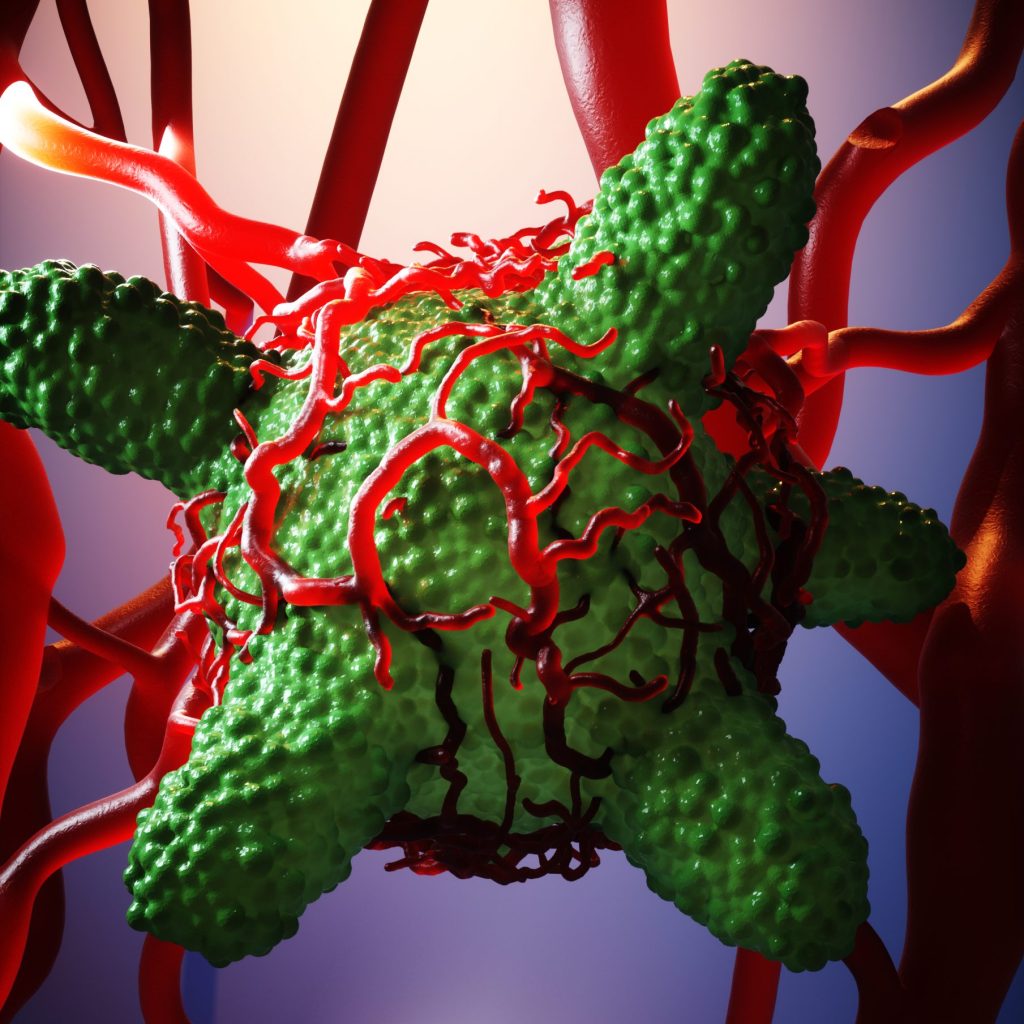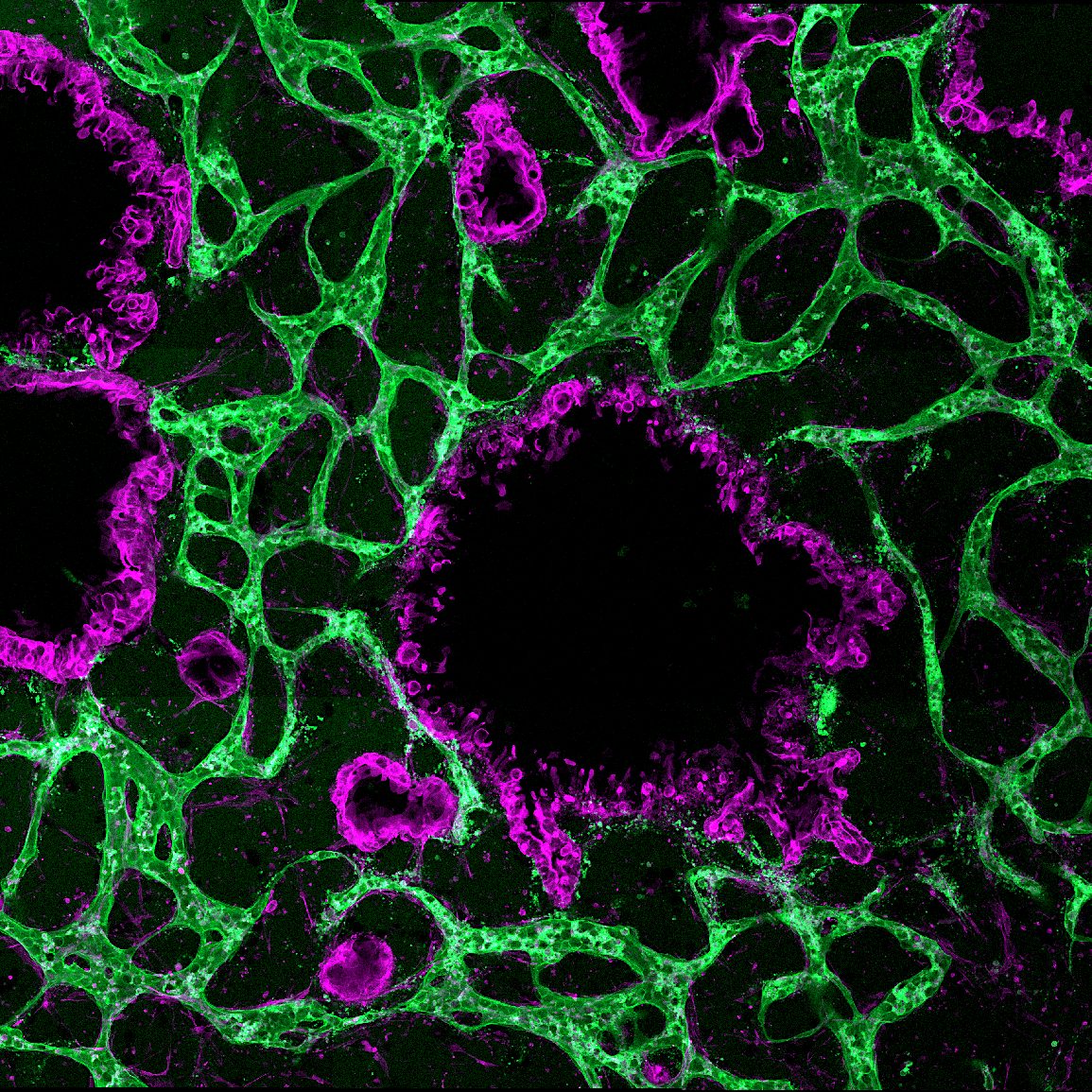Revolutionizing the Future of Biomedical Research through Advanced Stem Cell and Tissue Engineering Approaches
Who We Are
We are a group of scientists and engineers driven by a core mission to make significant contributions to our understanding of the biological mechanisms that underlie the structural and functional development of human organs in health and disease. Our ultimate goal is to translate this knowledge into the development of cutting-edge stem cell-based bioengineering strategies and treatments for patients. To achieve this goal, we highly foster a multidisciplinary community, which we believe is the key to successfully addressing challenging biomedical problems. We are actively searching for enthusiastic and motivated graduate students (both PhD and Master’s), undergraduates and postdocs who share our passion for this field and wish to become foundational members of our lab!


What We Study
Our lab is interested in leading the next generation of works in tissue engineering, stem cell biology, and developmental biology to develop tools for biomedical and pharmaceutical applications. We aim to make significant contributions to our fundamental understanding of the factors that influence the structure and function of human organs in health and disease. To achieve this goal, our strategy involves i) harnessing organoids-on-a-chip technology to model human tissues and organs and identify key biological features that govern cell fate in healthy and diseased states and ii) establishing next-generation biomedical devices and therapies for regenerative and personalized medicine.
Why We Study Stem Cells
Recent advances in stem cell and developmental biology have enabled us to create in vitro miniature analogs of human organs, known as organoids, which mimic the anatomical structures and functions of living human organs. Probing organoids to understand how cells interact with each other and their environment to build tissues and organs offers exciting opportunities to model human health and disease in a more realistic manner. By synergistically combining advanced engineering approaches with stem cell and organoid technologies, we envision that our research will generate a profound clinical impact by developing a framework that may potentially revolutionize the way we study human diseases, discover novel therapeutic targets, and pioneer regenerative medicine.
